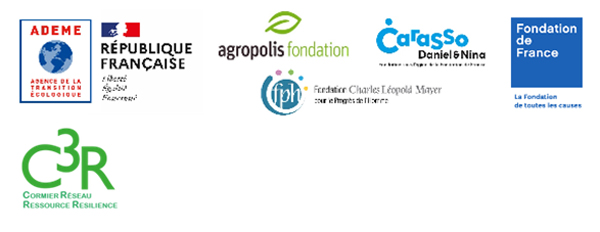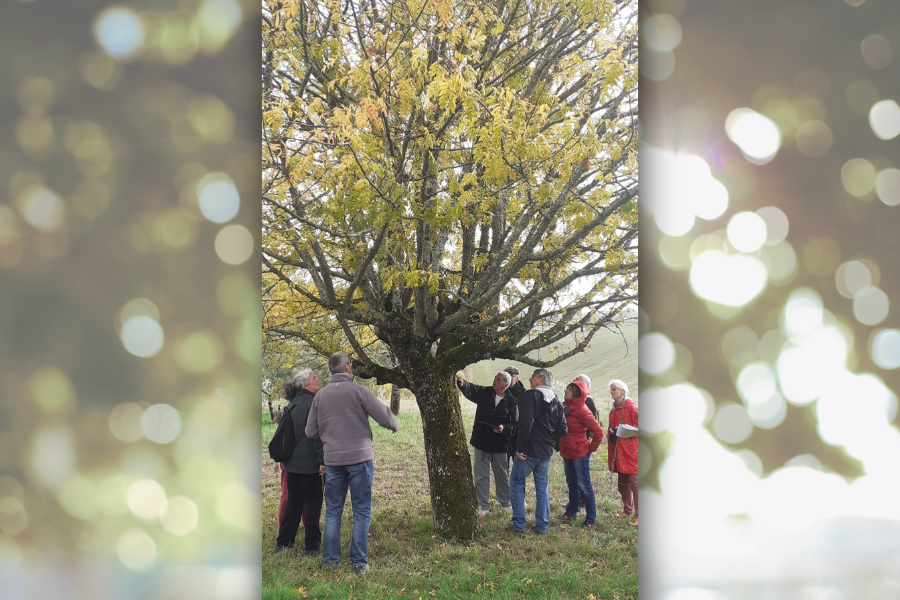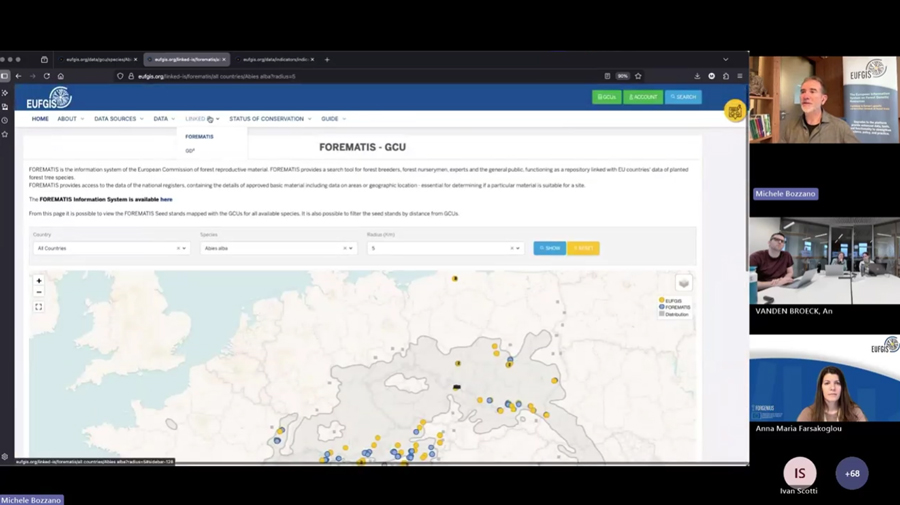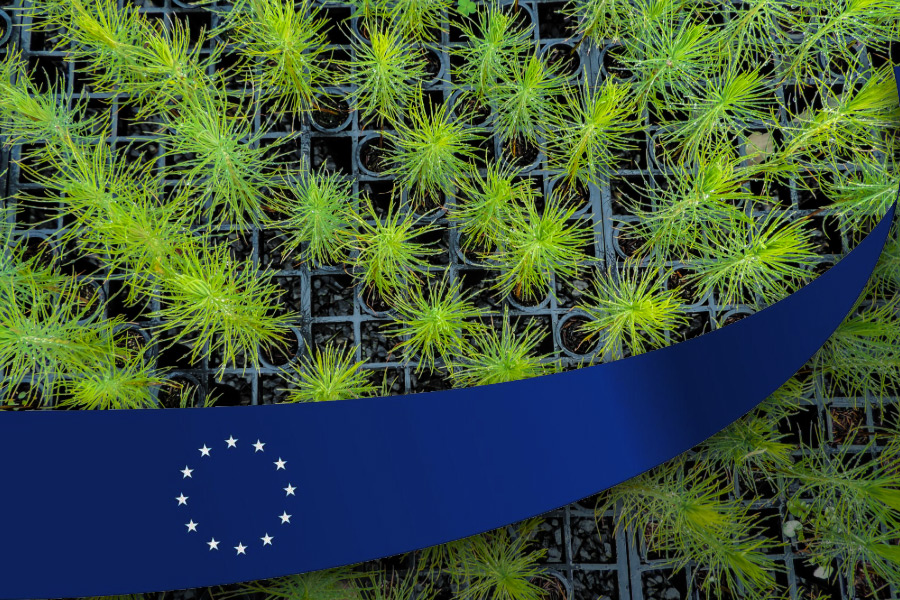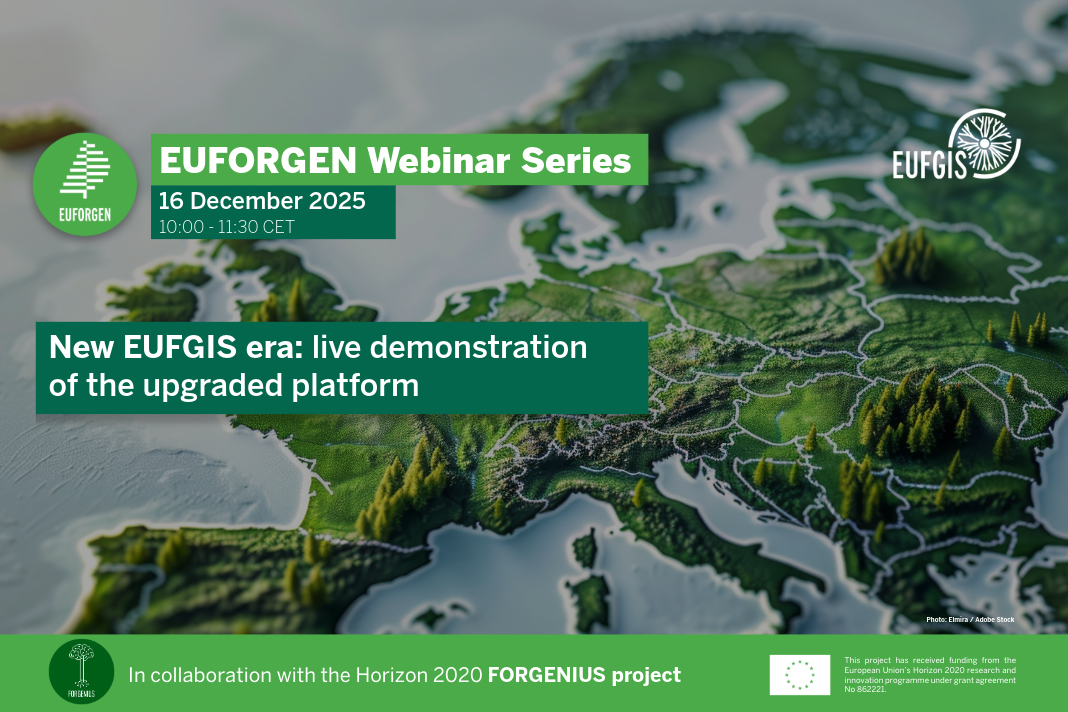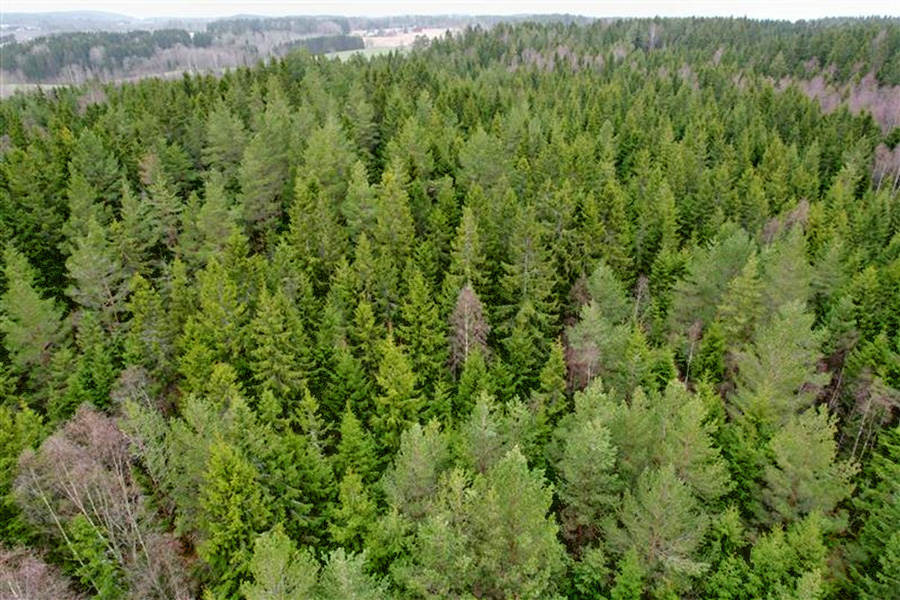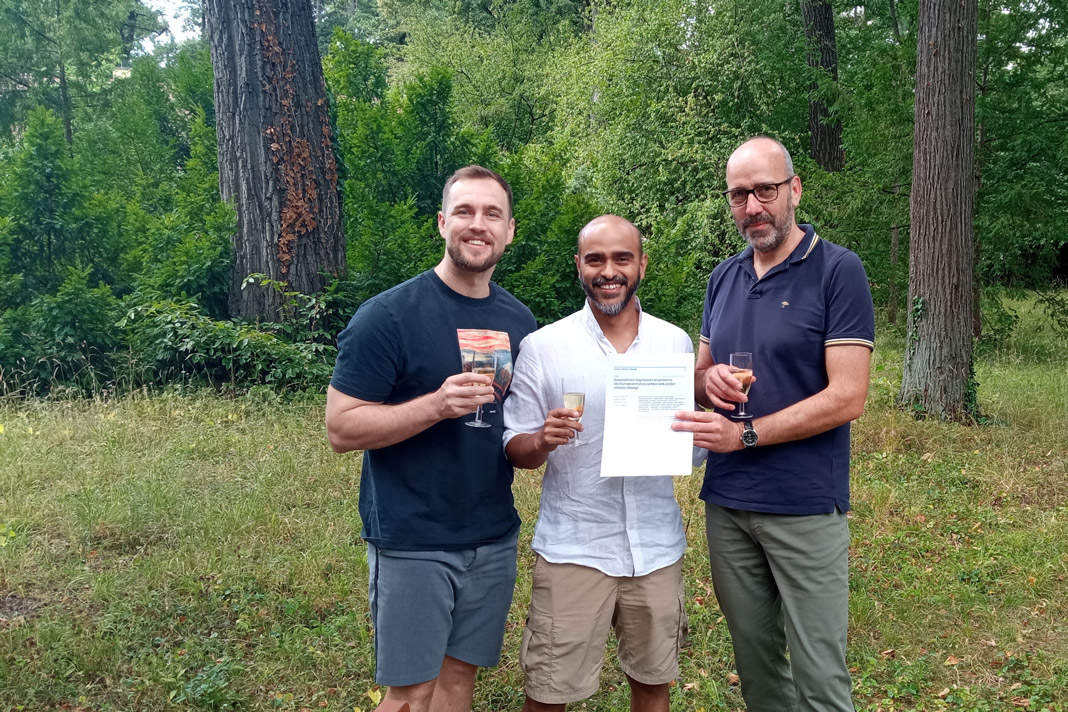Reviving the Service Tree: a national participatory network for agroecological transition
The CORMIER 3R project brings together researchers, practitioners and citizens to conserve and revitalise the Service Tree, advancing knowledge, seed production and sustainable uses for forestry, agroforestry and ecological transition in France.
The Service Tree (previously Sorbus domestica, now Cormus domestica), a Mediterranean species, was once widely cultivated in France for its valuable wood, abundant fruit and medicinal uses. Later abandoned in favour of faster-growing forest species and commercial fruit varieties, it is now regaining attention as a key resource for the agricultural, forestry and food transition.
Its drought resistance and multifunctionality make it a valuable asset for biodiversity, pollination, carbon storage and soil protection. In agroforestry, its light canopy reduces competition for sunlight while creating a favourable microclimate for crops. Its flowers attract pollinators and beneficial insects, enhancing system resilience. In forestry, its high-quality timber and adaptability further demonstrate its value. The species also holds potential for urban greening and landscape diversification.
Growing demand for Service Tree plants calls for the establishment of new seed orchards. However, limited knowledge of its genetic and phenotypic diversity still hampers large-scale deployment.
The CORMIER 3R project addresses this gap by bringing together researchers, associations, foresters, farmers and citizens around a shared goal: to safeguard and enhance this valuable resource. The project has established a national network of stakeholders.
A hallmark of CORMIER 3R is its strong participatory science approach, uniting diverse partners in the co-construction of knowledge and practices. This collective effort has fostered the development of a consolidated programme, expanded to include new themes such as the use of Service Tree fruits. The initiative is now supported by 13 partners from practice, research and civil society.
For more information, visit the CORMIER project site or contact Marilyne Laurans at marilyne.laurans@cirad.fr.
